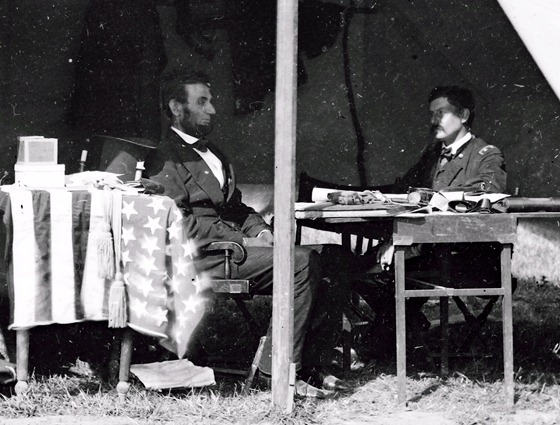3d.—University Of Virginia.—Arrived here yesterday, and met with a glowing reception from the friends of my youth, Professor and Mrs. Maupin. My sister, Mrs. C, and daughters, staying next door, at Professor Minor’s. In less than five minutes we were all together—the first time for many anxious months. They are refugees, and can only hear from home when our army finds it convenient to clear “The Valley” of invaders. One of her sons, dear R., was ordered last, winter, by General Jackson, to command a body of soldiers, whom he sent to break the dam in the Potomac, which at that point supplied the Ohio and Chesapeake Canal with water—(it also worked his mother’s mill)—and the breaking of which, if effectually done, would prevent the Yankees from using the canal for transportation. This dangerous project was undertaken most cheerfully, and was most thoroughly effected. It was necessarily done in the night, to elude the vigilance of the Yankees on the Maryland shore. In the dead hour of the winter’s night did some of the first gentlemen’s sons in the South, who happened to belong to that portion of the army, work up to their waists in water, silently, quietly, until the work was finished; nor were they discovered until day dawned, and revealed them retiring; then shot and shell began to fall among them furiously. One of the brave band fell! Notwithstanding their danger, his companions could not leave him, but lifted him tenderly, and carried him to a place of safety, where he might at least have Christian burial by sympathizing friends. The large old mill, which had for many years sent its hundreds and thousands of barrels of flour to the Baltimore and Georgetown markets, still stood, though its wheels were hushed by the daring act of the night before. It had been used of late by the Yankees for their own purposes. The enemy seemed to have forgotten to destroy it, but the Union men could not allow their old friend and neighbour, though the widow of one whom they had once delighted to honour, to have such valuable property left to her; they immediately communicated to the Yankees that it belonged to the mother of the leader of the party who broke the dam. It was, of course, shelled and burned to the ground, except its old stone walls, which defied their fury; but if it helped the cause, the loss of the property did not weigh a feather with the family. This son has just been promoted to the lieutenant-colonelcy of the Second Regiment. His mother expressed her gratification, but added, that he had been so successful as captain of the company which he had raised, drilled, and led out from his own county, that she dreaded a change; besides, in that Second Regiment so many field-officers had fallen, that she had almost a superstitious dread of it. My dear R., his heart is so bound up in the cause, that self-preservation is the last thing that ever occurs to him. Oh! I trust that all evil may be averted from him.
It is sad to see these elegant University buildings, and that beautiful lawn, which I have always seen teeming with life and animation, now almost deserted. Two of the Professors are on the field; the Professors of Medicine and Surgery are surgeons in the neighbouring hospitals, and Dr. B. is Assist ant Secretary of War. Others, unfitted by age and other circumstances for the service, are here pursuing their usual avocations with assiduity, but through many difficulties. The students are mere boys, not arrived at military age, or, in a few instances, wounded soldiers unfit for service. The hospitals at Charlottesville are very large, and said to be admirably managed. Every lady at this place, or in town, seems to be actively engaged in making the patients comfortable. The kitchens are presided over by ladies; each lady knows her own day to go to a particular kitchen to see that the food is properly prepared and served to the patients—I mean those who are confined to their beds or wards—the regular ” matrons” do every thing else. This rich country supplies milk, butter, fruit, vegetables, fresh meat, etc.; and all kinds of delicacies are prepared by the ladies. Our friends, Dr. and Mrs. M., have sons in the field. The elder, though not of military age at the time, shouldered his musket at the first tap of the drum; he would not be restrained. When I saw him, with his slight figure and boyish look, in his uniform and soldier’s trappings, my heart sank within me, as I remembered that ’twas but as yesterday that this child, with his picture beauty, was the pet of the household. Now he is quite a veteran; has fought on many a field; scorns the idea of danger; prides himself on being a good soldier; never unnecessarily asking for furloughs, and always being present at roll-call. The second son, but sixteen, as his father would not allow him to enlist, has gone as an independent in a cavalry company, merely, he said, for the “summer campaign.” Ah! in this “summer campaign,” scarcely equalled in the annals of history, what horrors might have corne! But he has passed through safely, and his father has recalled him to his college duties. Their mother bears the separation from them, as women of the South invariably do, calmly and quietly, with a humble trust in God, and an unwavering confidence in the justice and righteousness of our cause.











